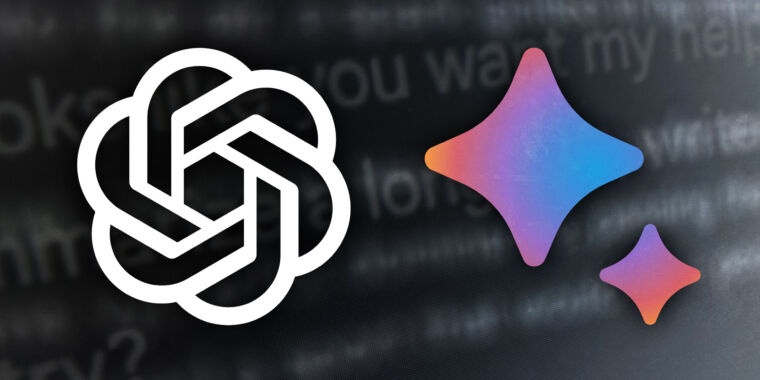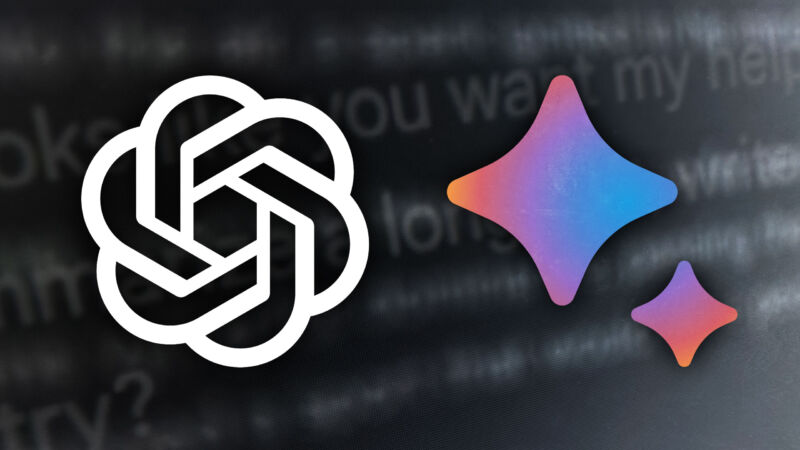Michael Cohen loses court motion after lawyer cited AI-invented cases
Good news, bad news —
No punishment, but judge rejects Cohen motion to end his supervised release.

Enlarge / Michael Cohen, former personal lawyer to former US President Donald Trump, arrives at federal court in New York on December 14, 2023.
Getty Images | Bloomberg
A federal judge decided not to sanction Michael Cohen and his lawyer for a court filing that included three fake citations generated by the Google Bard AI tool.
Cohen’s lawyer, David M. Schwartz, late last year filed the court brief that cites three cases that do not exist. It turned out that Cohen passed the fake cases along to Schwartz, who didn’t do a fact-check before submitting them as part of a motion in US District Court for the Southern District of New York.
US District Judge Jesse Furman declined to impose sanctions on either Cohen or Schwartz in a ruling issued today. But there was bad news for Cohen because Furman denied a motion for early termination of his supervised release.
Cohen, Donald Trump’s former attorney, served time in prison after pleading guilty to five counts of evasion of personal income tax, making false statements to a bank, excessive campaign contribution, and causing an unlawful corporate contribution. Cohen was also disbarred five years ago. His supervised release is scheduled to expire in November this year.
The fake citations certainly didn’t help Cohen’s attempt to end his supervised release. The citations were intended to show previous instances in which defendants were allowed to end supervised release early. But two of them involved fictional cocaine distributors and the other involved an invented tax evader.
Cohen thought AI tool was a search engine
Furman previously ordered Schwartz to “show cause in writing why he should not be sanctioned.” No such order was issued to Cohen.
“The Court’s Order to Show Cause was limited to Schwartz and did not alert Cohen to the possibility of sanctions. But even if the Court had put Cohen on notice, sanctions would not be warranted,” Furman wrote today. “Cohen is a party to this case and, as a disbarred attorney, is not an officer of the Court like Schwartz. He was entitled to rely on his counsel and to trust his counsel’s professional judgment—as he did throughout this case.”
Cohen stated that he believed Google Bard to be a “super-charged search engine” rather than a “generative text service,” and the judge found “no basis to question Cohen’s representation that he believed the cases to be real.” Bard was recently renamed Gemini.
As for Schwartz, Furman said the attorney’s “citation to non-existent cases is embarrassing and certainly negligent, perhaps even grossly negligent.”
Schwartz apparently believed, incorrectly, that the citations were reviewed by E. Danya Perry, another lawyer representing Cohen. Perry had not reviewed the citations but did provide comments on an early draft of the filing.
“Perry’s comments on the initial draft that Cohen forwarded to Schwartz provided a good faith basis for Schwartz’s belief that Perry was the source… the Court credits Schwartz’s testimony that he genuinely, but mistakenly, believed that the cases had come from Perry; that he did not independently review the cases based on that belief; that he would have researched the cases had he known that Cohen was the source; and that he did not intend to deceive the Court,” Furman wrote.
The facts may support “a finding of extreme carelessness” but not intentional bad faith, according to Furman. “In sum, as embarrassing as this unfortunate episode was for Schwartz, if not Cohen, the record does not support the imposition of sanctions in this case,” the judge wrote.
Other lawyers were sanctioned in similar incident
A similar incident happened in the same court last year when lawyers admitted using ChatGPT to help write court filings that cited six nonexistent cases invented by the AI chatbot. In that case, a judge imposed a $5,000 fine on two lawyers and their law firm and ordered them to send letters to six real judges who were “falsely identified as the author of the fake” opinions cited in their legal filings.
Cohen’s motion for early termination of supervised release cited his October 2023 testimony in the State of New York v. Donald J. Trump. But Furman agreed with the US government that Cohen’s testimony provides reason to deny his motion rather than grant it.
“Specifically, Cohen repeatedly and unambiguously testified at the state court trial that he was not guilty of tax evasion and that he had lied under oath to Judge Pauley when he pleaded guilty to those crimes,” Furman wrote.
Furman’s ruling said that Cohen either committed perjury when he pleaded guilty in 2018 or committed perjury during his October 2023 testimony. “Either way, it is perverse to cite the testimony, as Schwartz did, as evidence of Cohen’s ‘commitment to upholding the law,'” Furman wrote.
Michael Cohen loses court motion after lawyer cited AI-invented cases Read More »


